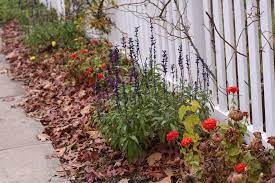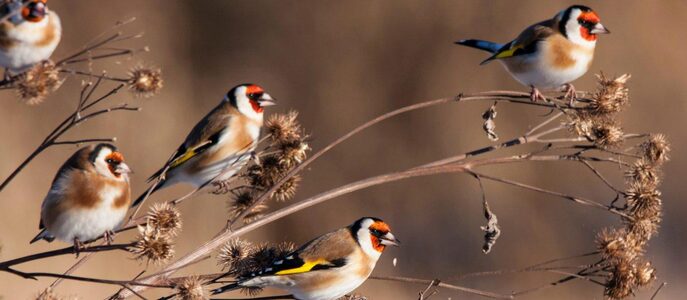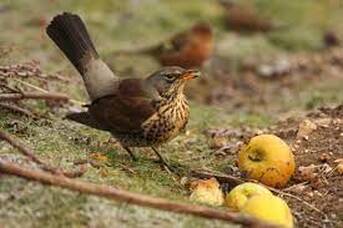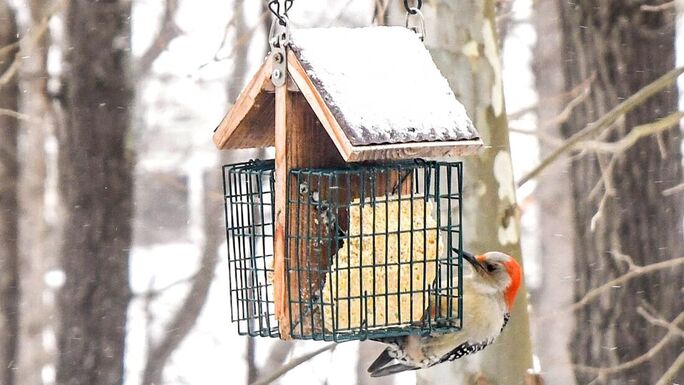Autumn wildlife gardening

Autumn is traditionally the time to tidy up your garden but there is a great benefit to wildlife to not be too tidy.
If possible, it’s much better to let leaves decay naturally rather than sweeping up and burning them. They feed the fungi and micro-organisms in the soil and recycle their nutrients into the grass and trees. If you do need to clear leaves then pile them into heaps where they can decay naturally or collect them and add them to the compost heap. Making your own leaf mould is a great (and free) way to feed your garden. Leaf piles will offer places for wildlife to hibernate too.
If possible, it’s much better to let leaves decay naturally rather than sweeping up and burning them. They feed the fungi and micro-organisms in the soil and recycle their nutrients into the grass and trees. If you do need to clear leaves then pile them into heaps where they can decay naturally or collect them and add them to the compost heap. Making your own leaf mould is a great (and free) way to feed your garden. Leaf piles will offer places for wildlife to hibernate too.

Don’t be too tidy with your flowerbeds either. Dead-heading everything removes valuable resources. Seed heads provide food for small birds and then shelter for insects over the cold months, go on adding structure to your garden, and can look beautiful when they’re frosted.

Windfall apples also provide a bounty. Blackbirds and thrushes will feast on them, and late butterflies such as commas, peacocks and red admirals will feed on the sugars in preparation for hibernation. It’s worth collecting any apples you can’t use yourself and storing them in a cool dry place so that when frosts and snow arrive later in the season you can throw them out for the birds.

Most of us now provide food year-round for birds, but winter is still a hard time for wild birds so think about adding a couple more feeders, perhaps offering some different kinds of high-calorie food such as suet pellets or peanut butter, and when the cold weather strikes, make sure there is fresh water available for drinking and bathing, float a football in your garden pond to prevent it becoming totally frozen.
Most of us now provide food year-round for birds, but winter is still a hard time for wild birds so think about adding a couple more feeders, perhaps offering some different kinds of high-calorie food such as suet pellets or peanut butter, and when the cold weather strikes, make sure there is fresh water available for drinking and bathing, float a football in your garden pond to prevent it becoming totally frozen.
Information from Shropshire Wildlife Trust, Autumn wildlife gardening | Shropshire Wildlife Trust